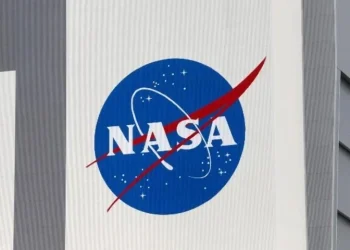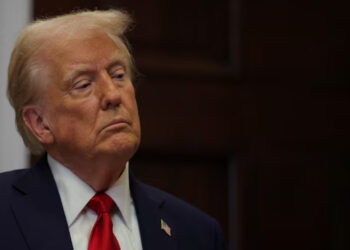NEW DELHI: The Indian government asked social media platform Twitter to take down dozens of tweets, including some by local lawmakers, critical of India’s handling of the coronavirus outbreak.
Twitter has withheld some of the tweets after the legal request by the Indian government, a company spokeswoman said. The government made an emergency order to censor the tweets, Twitter disclosed on Lumen database, a Harvard University project.
In the government’s legal request, dated April 23 and disclosed on Lumen, 21 tweets were mentioned. Among them were tweets from a lawmaker named Revnath Reddy, a minister in the state of West Bengal named Moloy Ghatak and a filmmaker named Avinash Das.
The law cited in the government’s request was the Information Technology Act, 2000. “When we receive a valid legal request, we review it under both the Twitter Rules and local law,” the Twitter spokeswoman said in an emailed statement.
“If the content violates Twitter’s rules, the content will be removed from the service. If it is determined to be illegal in a particular jurisdiction, but not in violation of the Twitter Rules, we may withhold access to the content in India only,” she said.
The spokeswoman confirmed that Twitter had notified account holders directly about withholding their content and let them know that it received a legal order pertaining to their tweets.
Overwhelmed hospitals in India begged for oxygen supplies as the country’s coronavirus infections have soared in what the Delhi high court called a “tsunami,” setting a world record for cases for a third consecutive day.
India is in the grip of a rampaging second wave of the pandemic, hitting a rate of one COVID-19 death in just under every four minutes in Delhi as the capital’s underfunded health system buckles.
The number of cases across the country of around 1.3 billion people rose by 346,786, the Health Ministry said on Saturday, for a total of 16.6 million cases. COVID-19 deaths rose by 2,624 to a total of 189,544.
Health experts said India became complacent in the winter, when new cases were running at about 10,000 a day and seemed to be under control. The authorities lifted restrictions and allowed the resumption of big gatherings including large festivals and political rallies for local elections.


































